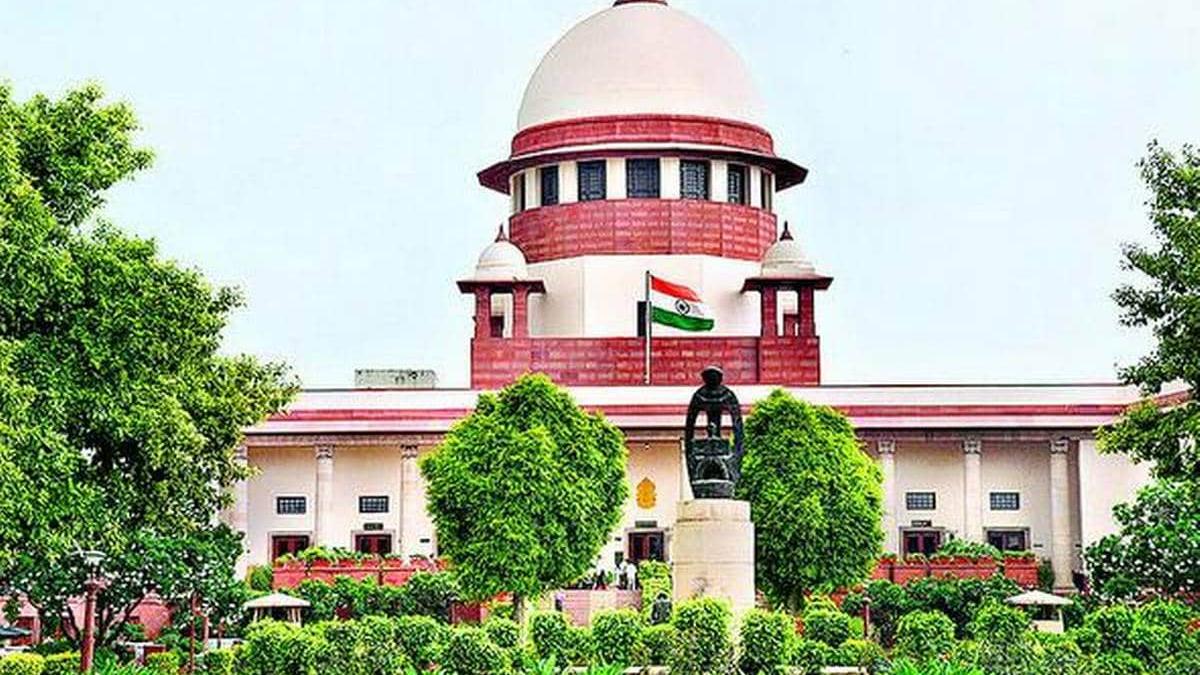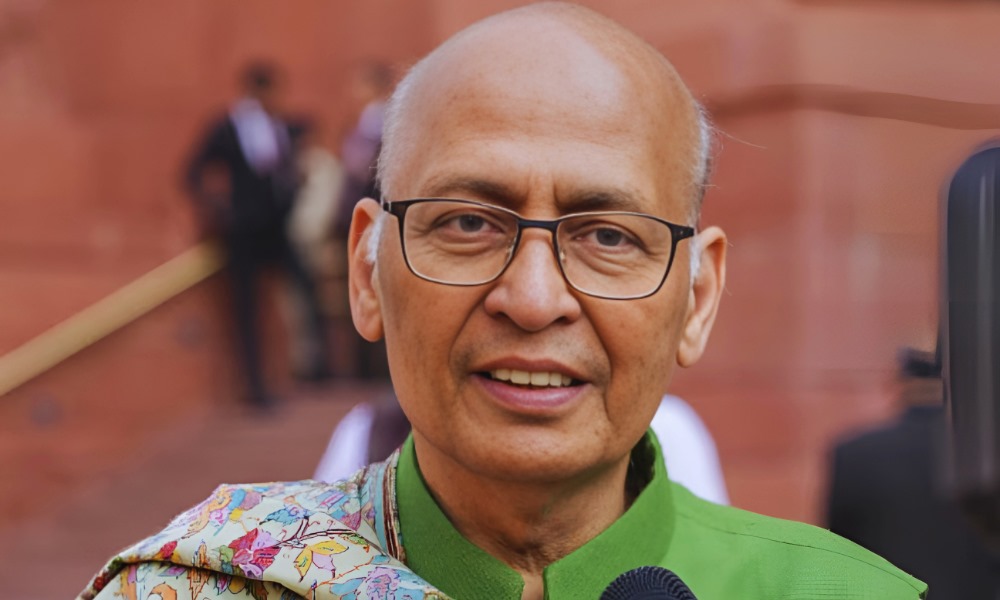Supreme Court Scrapped the Electoral Bonds Scheme, calling it Unconstitutional

On 15th February 2024, the Supreme Court (SC) declared the Electoral Bonds Scheme unconstitutional. The Electoral Bonds Scheme allowed anonymous funding of political parties by individuals and companies. According to the SC, the anonymity allowed by this scheme violates the Right to Information (RTI), which is one of the fundamental rights. The SC delivered this verdict on a batch of pleas challenging the legal validity of the scheme.
The bench reserved this verdict on 2nd November 2023. The apex court emphasized that political parties are key entities in the electoral process, and transparency about their funding is crucial for making informed electoral choices. Moreover, the SC directed the State Bank of India (SBI) to stop issuing any further electoral bonds.
What are Electoral Bonds?
The Union Government introduced electoral bonds through the Electoral Bonds Scheme in 2018. These electoral bonds are monetary instruments that act as promissory notes that can be purchased by individuals or companies in India. The bonds are issued specifically for the contribution of funds to political parties.
These bonds are issued by the State Bank of India (SBI) and are sold in multiples of ₹1,000, ₹10,000, ₹1 lakh, ₹10 lakh, and ₹1 crore. The donations made under this scheme by corporates enjoyed 100% tax exemption, and the donor’s identities are kept confidential by the bank and the recipient political parties.
Who can receive funds via electoral bonds?
According to the provisions of the scheme, only the political parties registered under Section 29A of the Representation of the People Act, 1951 and which secured not less than 1 percent of the votes polled in the last elections to the Lok Sabha or a state legislative assembly are eligible to receive electoral bonds.
Concerns Raised Against Electoral Bonds
Electoral bonds were challenged in the court soon after its implementation. CPM, Congress leader Jaya Thakur, and the non-profit Association for Democratic Reforms were a few parties that approached the court against the electoral bond.
They argued that the confidentiality clause in the scheme came in the way of the citizen’s right to information. Senior Advocate Prashant Bhushan, appearing for ADR, said the bonds promote corruption as they are opaque and anonymous. “The bonds do not allow a level-playing field between political parties which are ruling versus political parties which are in the Opposition or between political parties and independent candidates.” He also said ever since this scheme was introduced, contributions made through this donation method had exceeded all other modes.
Senior Advocate Kapil Sibal pointed out that there is no cap on the amount of money that can be donated to political parties.
Advocate Shadan Farasat, appearing for the CPM, said the Left party has not accepted a single rupee through bonds. He argued that the 2018 scheme fails to pass the test of the arbitrariness of Article 14 because the scheme takes away non-anonymous money and puts it as anonymous money.
The counsel for the petitioners also pointed out that earlier, Section 182 of the Companies Act allowed corporates to donate up to 7.5 percent of net profit in a financial year to a political party. Companies needed to be at least three years old to donate and had to disclose the amount and name of the party to which it was donating. These conditions that ensured transparency in corporate donations were removed by this new scheme, they argued.
Government’s Stance on Electoral Bond
In an affidavit submitted on 29th October 2023, the central government addressed pleas challenging the electoral bonds scheme. Attorney General R Venkataramani stated that “citizens do not possess a general right to know the sources of electoral bonds.”
Venkataramani emphasized that the “right to know” should have reasonable restrictions and be exercised for specific purposes. The government argued against a “general right to know everything for undefined ends,” expressing concerns about the broad scope of such a right.
Implications of SC’s Verdict on Electoral Bond
The verdict is considered as a setback for the Bharatiya Janata Party (BJP), which received relatively more donations through the electoral bonds. As per the SC’s directive, the SBI is required to furnish details of electoral bonds purchased from 12th April 2019, onwards to the Election Commission.
Advocate Prashant Bhushan hailed the judgment, highlighting its long-term impact on electoral democracy. He explained that the court invalidated not only the electoral bonds scheme but also associated provisions in the income tax and companies acts, citing violations of citizens’ fundamental right to information regarding political party funding.









